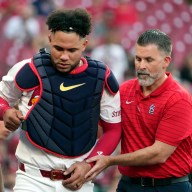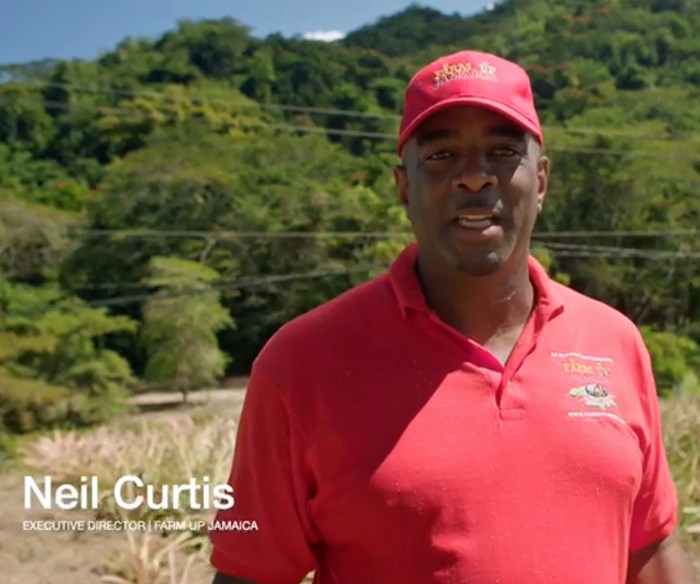David Herwitz is one of the most experienced bartending instructors in New York City. For more than 20 years, he earned a living exclusively behind the bar, everywhere from local pubs to five-star restaurants. Today, he is the director of a bartender training program at ABC Training Center in the Bronx.
What should a student look for in a training program?
A lot of schools will posture and kind of insinuate that they’re selling you a license. In New York State there’s no such thing as a license to be a bartender. Bars are licensed, not bartenders. A lot of the schools are locked into a pre-approved, Department of Education curriculum. I mean, according to that, you’ve got to teach how to make a Grasshopper. Nobody orders that these days. So you should make sure you’re going to get experience in specific situations, not just recipes. The program should be flexible. I make sure to get students behind a real bar, serving real alcohol, for real money, to real customers.
Is that money hard to save, since so much of it is in cash?
That’s something you have to be careful about. Bartenders often fall into alcoholism and substance abuse. That is something that will take away your money real fast. Some of them get so reliant on having a pocket full of cash that they never make it to the bank. You need to be disciplined about it.
How do you know if this is right for you?
Having an excellent short-term memory is helpful. You want to have a certain amount of coordination with your feet and hands. But, remember, what a lot of people think is speed is actually good preparation. The bartender got there early, made sure everything is just where he needs it. It’s preparation and repetition. But if you have a confident personality, the technical part can be learned.
















